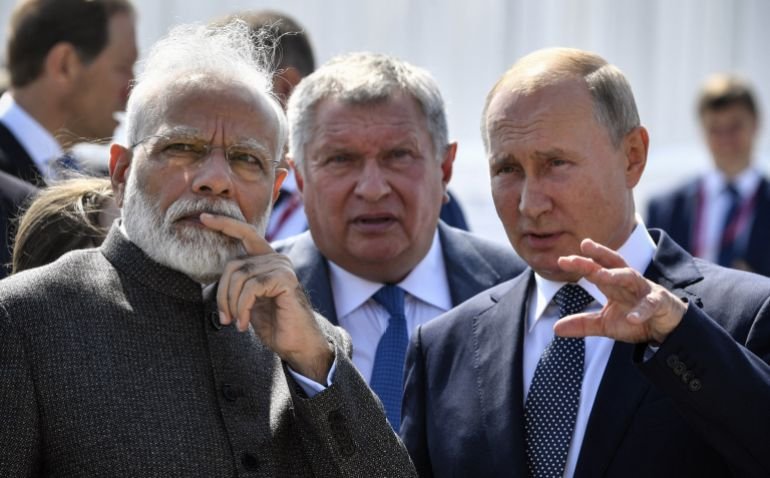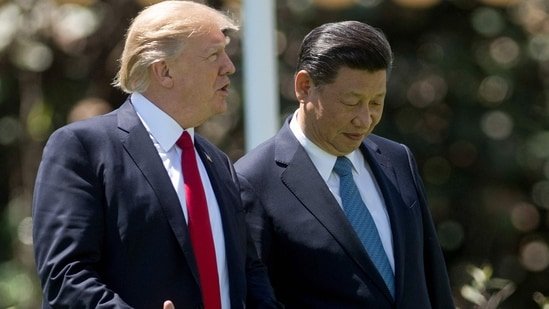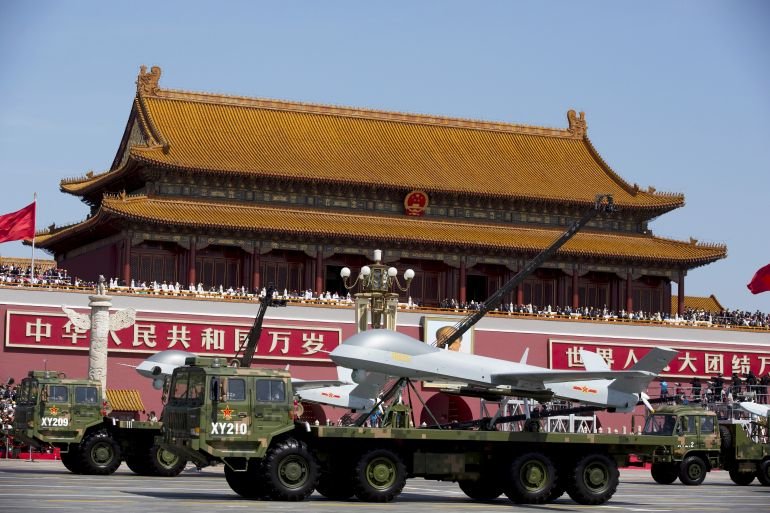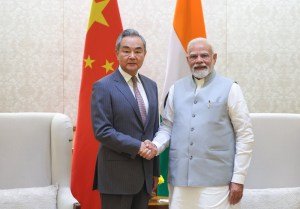China is requiring its data centres to use more home-grown computing chips in a move that underscores Beijing’s accelerated efforts to cut reliance on foreign technology as the US tightens export controls.
Publicly owned computing hubs across the country have been asked to source more than 50 per cent of their chips from domestic producers to support the indigenous semiconductor sector, according to people familiar with the matter.
The mandate finds its origins in guidelines proposed in March last year by the Shanghai municipality, which was among the first in the country to stipulate that “adoption of domestic computing and storage chips at the city’s intelligent computing centres should be above 50 per cent by 2025”.
The guidelines were part of a policy to strengthen artificial intelligence computing resources in China’s financial hub. The plan was backed by government agencies including branches of the National Development and Reform Commission (NDRC) in the city and the Shanghai Communications Administration, an agency under the Ministry of Industry and Information Technology (MIIT).
One source, who works as an adviser in the data centre industry, said that earlier this year the Shanghai chip quotas for the city’s intelligent computing centres had become mandatory nationwide policy.
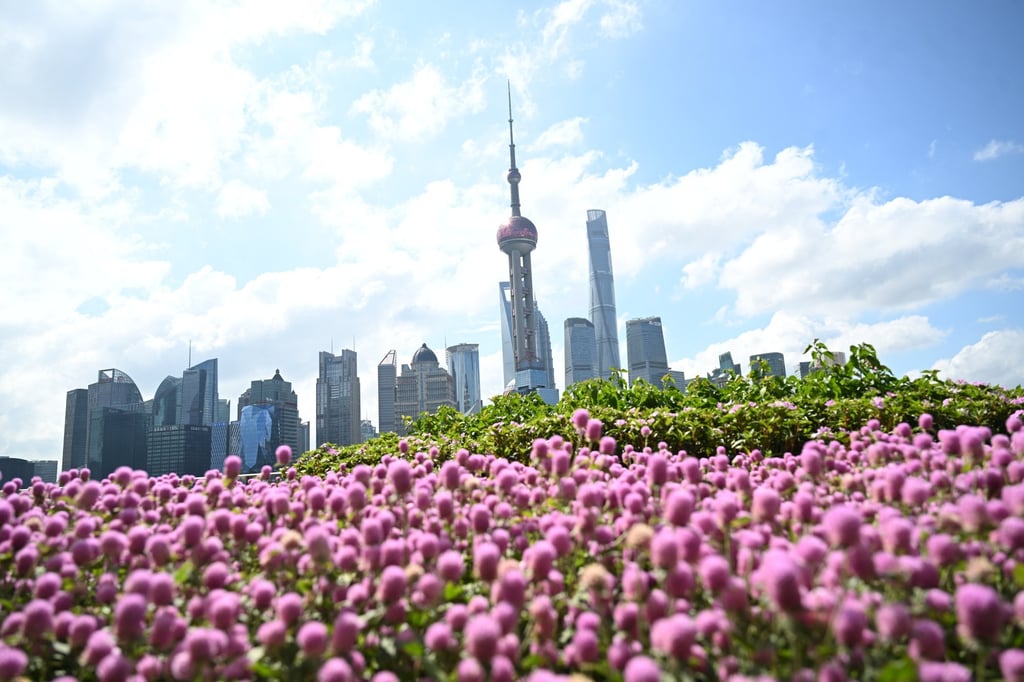
The MIIT and NDRC did not immediately respond to a request for comment on Saturday outside business hours.

![[News] NVIDIA May Raise H20 Prices to Shield Profits but Confronts China’s Domestic Chip Push](https://koala-by.com/wp-content/uploads/2025/08/NVIDIA-Jensen-Huang-2-624x430.jpg)
